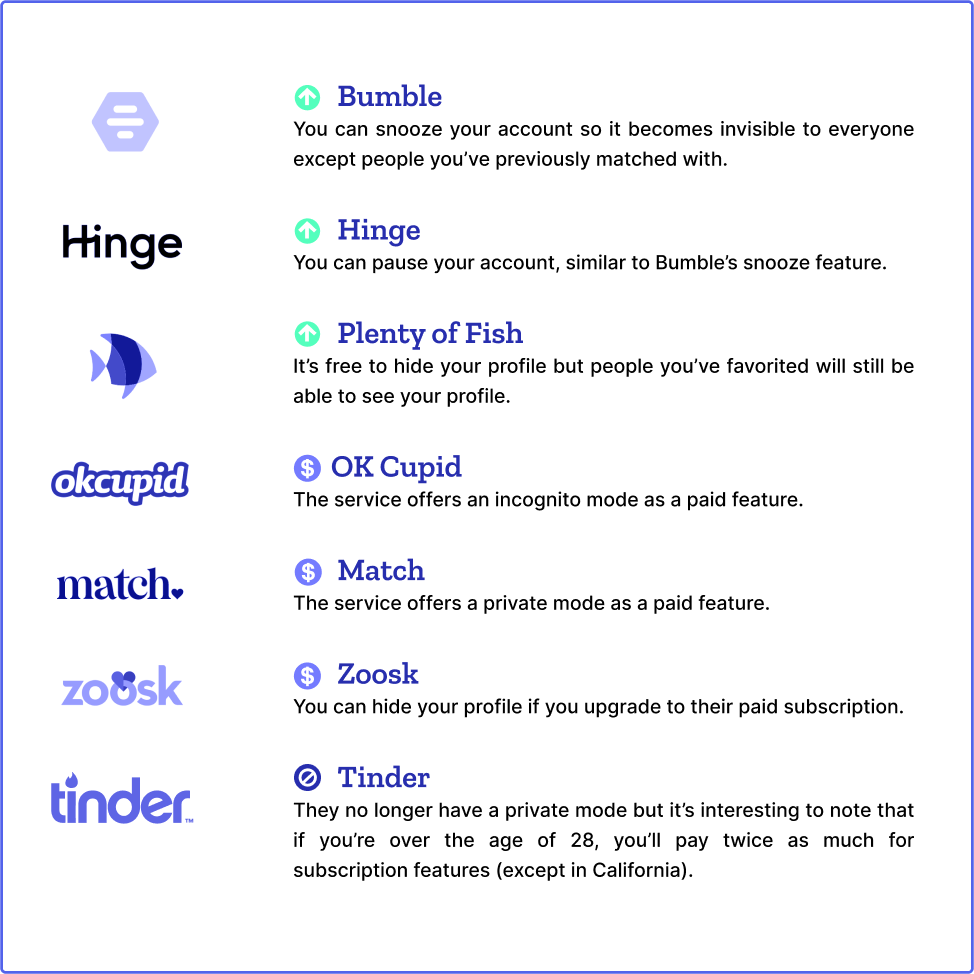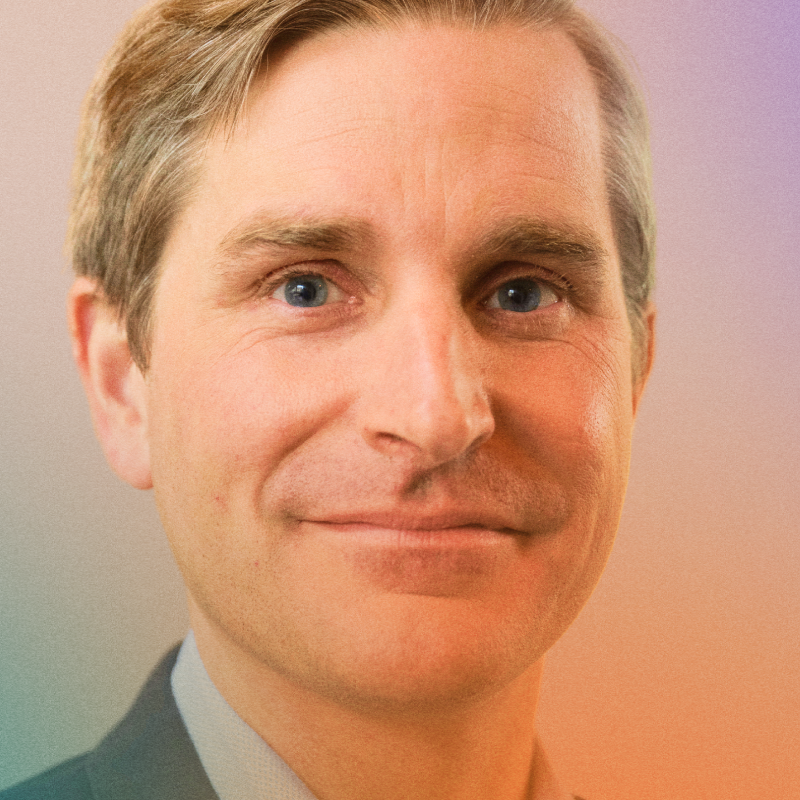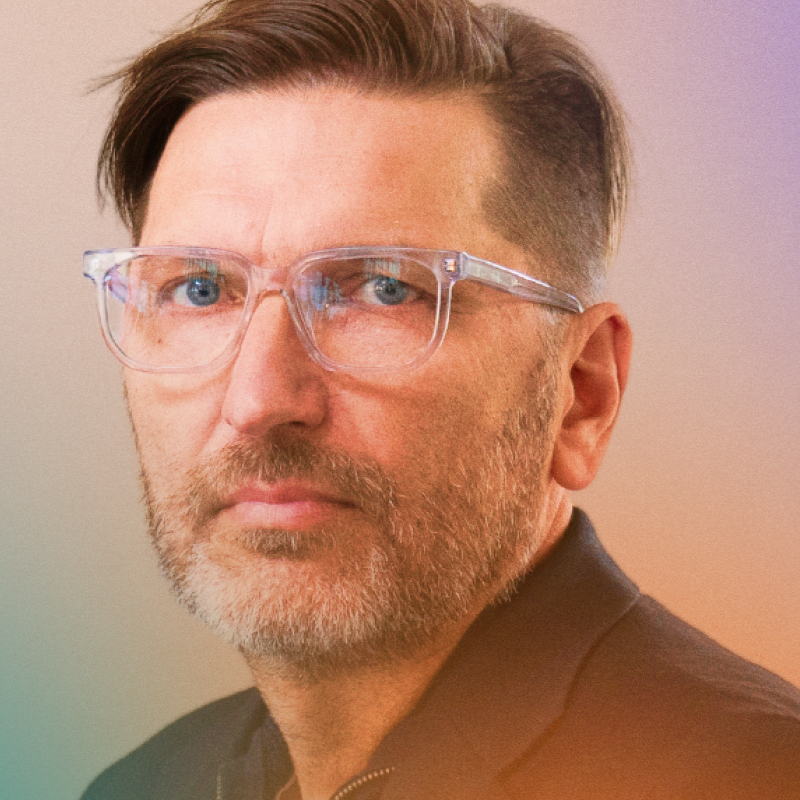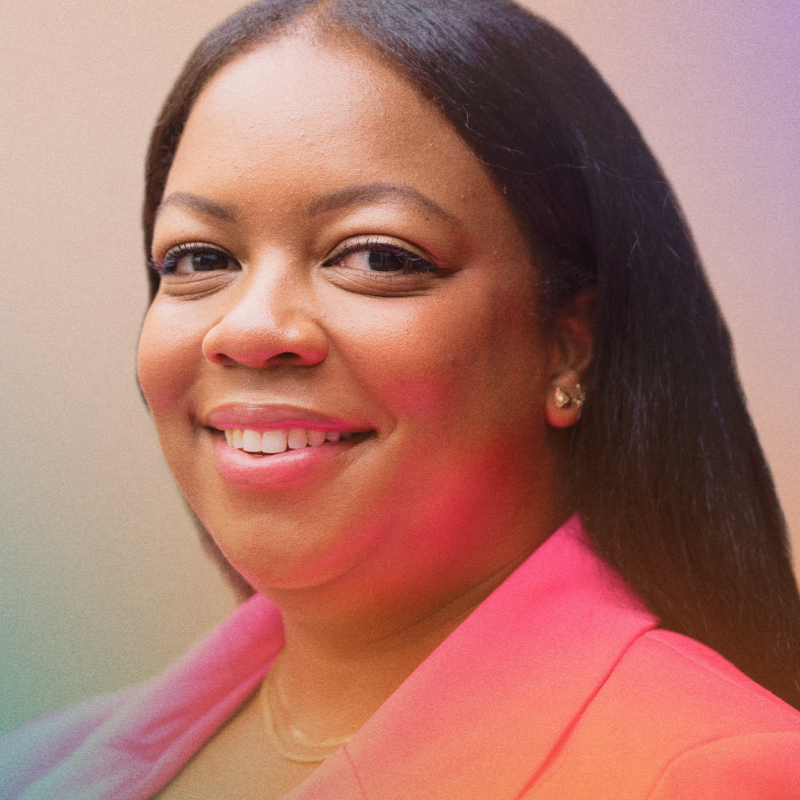Dating during a global pandemic is the definition of “it’s complicated”. Between the screen fatigue and social distancing, meeting someone in today’s world feels impossible. Yet, people are still finding ways to connect through dating apps.
Like lots of apps, what users might not realize is the amount of personal information revealed when using these services. Information like your sexual orientation, location data, what high school you went to, and even your pet’s name, can be sold to third-party companies or used to target users with ads. This practice is known as surveillance capitalism, and its implications go beyond ads. Last year Grindr, Tinder, and OkCupid got into hot water for sneaky privacy practices that included the sale of personal data.
We wondered how are people navigating the dating landscape while still being privacy-aware? To find out, we spoke to four different singles* — Veronica (28), Jake (30), Sofia (41), and Vickie (26) — to get first-hand accounts.
Tell us about your experience using dating apps. How has Covid specifically impacted your experience?
Jake: I’ve relied pretty heavily on dating apps, especially Hinge, sometimes Bumble. I’ve done Tinder before but I’m not a huge fan. Covid hasn’t really changed my usage of the apps. The one thing that’s been nice to come out of this is the Zoom dating. I’ve really leaned into it because it’s a good opportunity to meet someone without having take time out of your day to meet somebody and then have it not work.
Sofia: I met the most amazing people on Tinder and I’m still friends with a lot of them. All of my best dates were people I found on Tinder. It’s also cool because it shows you your connections [via Facebook], so you can see your mutual connections of friends. So the people I would end up meeting, half of them were already connected to me in some way, they were friends of someone cool I knew.
Vickie: As a pansexual person, I find that I don’t really match with a lot of women and I don’t know why that is. My best friend is also pansexual and she tells me the same thing. All my dates have been with men so far and I do like men too, but I definitely would like to open it up.
According to an MTV Insights study, about 84% of women on dating apps are concerned about stranger danger. What are your thoughts on this and what steps do you take to protect yourself?
Sofia: I’d always tell my guy friends where I was going and who I was meeting. So they would look out for me. Also, I tried not to put myself in a situation where I’d be meeting them in a non-public place.
Vickie: I protect myself by always meeting dates in public settings and also if I’m looking to hook up with somebody, I have them send a photo of themselves beforehand. That way, you know the person’s real and it’s not a catfish. I also like that Tinder has the setting where you can connect your Instagram but it doesn’t reveal what your Instagram handle is.
Pro Tip: Don’t want to use your real email to sign up for a dating app? Use Firefox relay. This service creates multiple fake email aliases that are tied to your actual email account. Messages are automatically forwarded to your real inbox and your accounts stay protected.
Many apps allow you to make your profile private or add more security features if you upgrade to their paid service. How does that make you feel?
Veronica: It’s obviously problematic to have privacy be something that you pay for because safety should be the number one concern for any app. I’m from a big city so I can’t afford to pay for these dating apps because I already pay so much in rent here.
Jake: They kind of have you by the arm a little bit because they know if you want to meet people then that’s really the only option. I would expect how these apps handle our data will be changed by legislation, similar to how Europe has GDPR and California has CCPA. I don’t anticipate anything changing without some sort of kick in the ass from legislation.
Sofia: Oh I would’ve used that if it was available when I was using it. Women have to pay extra for a lot of things in general. I mean, it sucks, but then it’s like we generally pay extra for so much. It’s a pay to play economy. Like travel, everything is a premium these days. If you want convenience and security, you have to pay extra. It sucks, I wish it was free, but it’s become the norm now.

Besides making these features free, what could dating apps do to help you feel safer?
Veronica: That’s tough because I feel like our personal information is already all over the place. That’s the bargain you make when you start signing up for these apps. I know now, when you’re on a site, like the New York Times for example, they’ll show you a pop up that says ‘do not sell my personal information.’ So I think dating apps could do the same if they’re selling data, it would be nice if they did.
Vickie: On Tinder it always shows your location and I notice it doesn’t say exactly where you are, but it does say how many miles away you are from the person that you matched with, which I think is creepy. I don’t want another person to know how close I am to them. It’s a little unsettling of a feeling and there’s no way to turn that off.
Dating apps have access to some of our most personal information (sexual orientation, gender, location data, etc). Do you currently do anything to minimize the information you share with them?
Veronica: I don’t put my job or the schools that I’ve gone to on my profiles. I’ve put the city but I don’t narrow it down to a specific neighborhood. It’s kind of complicated because in this world of oversharing, we’re branding ourselves. The reason we tag ourselves in photos is because we want to let potential dates know ‘this is who I am, this is where I party, this is my vibe.’ We’re so accustomed to sharing so much of ourselves.
Jake: There are certain questions they ask and some of them you can hide the answers from your profile, so I’ve done that with certain things. I’m not going to tell you what company I work at, for example. There are other things that I don’t want to reveal because they’re either giving away a little too much information or I just don’t feel comfortable sharing with complete strangers that I haven’t even matched with they’re just looking at my profile, so it’s mostly been that on my end.
Sofia: 100%. I hate answering questions like on OkCupid. Even though they were posed as fun questions I got bored after answering 5 and it was maybe 50 questions. All those other paid sites like Match.com, you have to give so much data and I never felt comfortable doing that. It’s hard because you can’t minimize the data you share either. You can’t circumvent it at all. You have to give them all of that information and it was the most laborious process for me. If you don’t answer them properly you don’t get “matched” with the right person and it becomes this catch-22.
Vickie: Part of the reason why I’m not on any of the other apps anymore is because they asked so many questions. Hinge has you fill out four different prompts and then Bumble asks you a million questions including your astrological sign. I don’t like the targeted ads and I really don’t like that they’re selling my information. But if I want to date somebody, I’m going to use a dating app. So I don’t put where I work and I definitely don’t put where I go to school. I’m very vague on Tinder, I only have a couple pictures.
| There are many ways to limit the information you share with dating apps. Below are some tried and true tips to keep your information protected: Dating app tips from data privacy expert Jo O’Reilly (via USA Today): 1. In general, you get what you pay for. Free apps are more likely to sell your data, so try adding your dating profile to your budget, and sign up exclusively for paid apps. 2. If you’re using free services, try to conceal your identity by using a nickname or your first name only. 3. Limit the amount of personal information you reveal such as your home address, where you work, phone number or email address. Especially when signing up or in private messages with others. 4. Until you feel comfortable, it’s best to keep the conversation going within the dating app. If someone tries to convince you to move the conversation to WhatsApp or Messenger too early, they could be trying to scam you. 5. Turn off your location settings when using these services. |
Dating apps and privacy don’t have to be mutually exclusive. While there’s still a lot of work to be done in this space, for now, being aware of what’s happening is the best tool in managing dating profiles. To learn more about dating apps and their privacy policies, check out Mozilla’s exclusive Valentine’s Day edition of Privacy Not Included.
*The names of the five interview subjects have been changed for their privacy. Subjects were chosen from the writer’s circle of connections. In addition, all the subjects are active on dating apps and have diverse interests as well as backgrounds.



